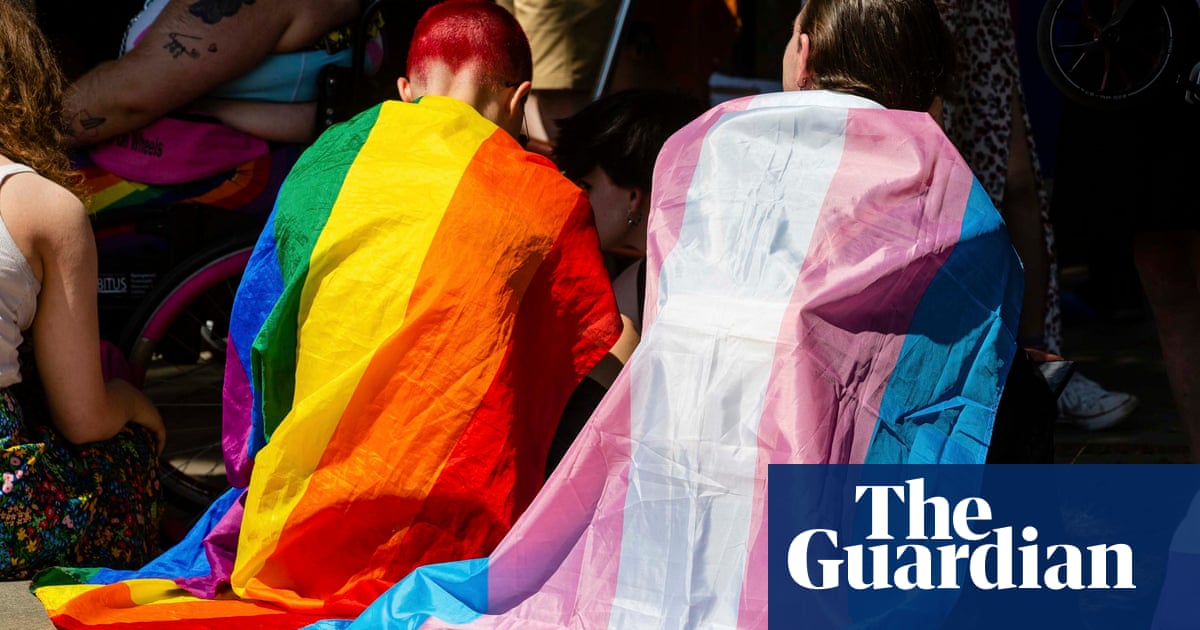
For centuries, war and peace-making have been the business of ruling elites, while the masses have been expected to acquiesce with no qualms and rally behind their leaders. However, it is the blood of the masses that is always shed, not to mention the heavy economic and social price they pay for acts of collective violence.
With this in mind, the initiative by a UK-based NGO, International Alert, with the support of the British Council, to conduct a large-scale survey that solicited people from 15 different countries for their peace perceptions makes for a refreshing novelty in the study of war and peace. The organization’s core belief is that true peace is built from the bottom up and not the other way around, and that therefore it is essential to learn people’s perceptions of their security concerns and how, in their view, these can be resolved.
One of the most heated debates in the discipline of international relations revolves around the sources and causes of war, and whether they are inevitable. The realist school of thought has always viewed human nature as aggressive and self-serving, prioritizing self-preservation as the source of war and conflict. It has a rather bleak view of the world and its human occupants.
At the other end of the spectrum is the liberal approach, which has many strands, although all of them are anchored in Immanuel Kant’s notion of “perpetual peace,” which has a rather optimistic view of human nature and how people interact with one another. The absence of peace, argues the liberal approach, is not the consequence of human beings’ flaws as individuals and their tendency to resolve disputes through force, but instead is due to the imperfections of the domestic and international political and social structures they inhabit.
International Alert"s peace perceptions poll shows that, although people might have diverse experiences, they clearly have in common an aspiration to create and sustain more peaceful and secure societies.
Yossi Mekelberg
While political realism seemed to rule supreme for much of the Cold War, in its aftermath neoliberalism was crowned as its successor. A truly neoliberal era, with economic prosperity and wider political participation, would reduce the motivation for political violence. However, as International Alert’s “Peace Perceptions Poll 2018” rightly emphasizes: “More countries are experiencing violent conflict now than at any time in the past 30 years.” The consequence of this sad state of affairs is a record number of refugees and displaced people; more than at any point since World War II. In addition to such dire human suffering, the current conflicts around the world result in an immense economic cost, estimated at more than $1 trillion a year.
Those international conditions make the Peace Perceptions Poll an important contribution, as it explores both what concerns ordinary people across a number of countries regarding political instability and violence, and also what they believe is the way to address it. The poll’s choice of diverse countries — of which some, such as the Democratic Republic of Congo, Lebanon, Ukraine, Colombia and Myanmar, have suffered rather recently or are still suffering from conflict and political upheaval; and others, such as the US, the UK and Hungary, are experiencing relative calm and a stable political environment — provides us with a range of responses and attitudes to peace and security.
Despite the expected differences of opinion, the survey clearly reveals a deep and sophisticated understanding among many of the respondents that, since conflicts differ from one to another, solutions have to be tailor-made, informed and long-term in outlook. Moreover, it is even more elucidating that, despite a prevailing pessimism in many countries about their security over the next five years, most are still interested in solutions that address the root causes of conflict.
Quite unexpectedly, pessimism was registered more among those who live in relatively peaceful countries. The British proved the most pessimistic among the 15 countries surveyed, with 40 percent of respondents expecting the security situation to worsen over the next five years. In contrast, 84 percent of Syrians, who have experienced sheer hell for seven years, envisaged better days within the same timeframe. One might argue that this could be because those who have more to lose are more pessimistic when conditions are unstable, while optimism is the commodity that sustains those who live with daily horror.
While the sources of violence that concern people vary from traditional criminal thuggery to cyberattacks, domestic and international conflict, and terrorism, among other things, the poll demonstrates an innate understanding among its participants that it is their circumstances that push people to violence, and hence they overwhelmingly support solutions that “deal with reasons people fight in the first place.” These include introducing democratic elections and supporting communities in their efforts to resolve conflicts non-violently and reach a negotiated peace. Only a tiny minority believe that military force is the solution.
These are encouraging findings and are worthwhile for world leaders and decision-makers to pay attention to. They reflect people’s desire for their leaders to abandon patch-up solutions and instead search for well-thought-out policies that reduce the motivation for war and conflict. It seems that there is more understanding among ordinary citizens than among their rulers of the importance of addressing the root causes of conflicts rather than looking for a quick fix.
One of the prevailing fallacies among decision-makers is that the current political arrangements are not conducive to long-term solutions, as we live in an instant society that looks for instant gratification, and hence politicians are reluctant to make sacrifices in the short term for the sake of a better future. More than 100,000 people who responded to the survey are telling their leaders something completely different, something that should enter the decision-making calculus for preventing conflicts or bringing them to an end.
All over the world, people might have diverse experiences, but they clearly have in common an aspiration to create and sustain more peaceful and secure societies.
Yossi Mekelberg is professor of international relations at Regent’s University London, where he is head of the International Relations and Social Sciences Program. He is also an associate fellow of the MENA Program at Chatham House. He is a regular contributor to the international written and electronic media. Twitter: @YMekelberg
Disclaimer: Views expressed by writers in this section are their own and do not necessarily reflect Arab News" point-of-view












